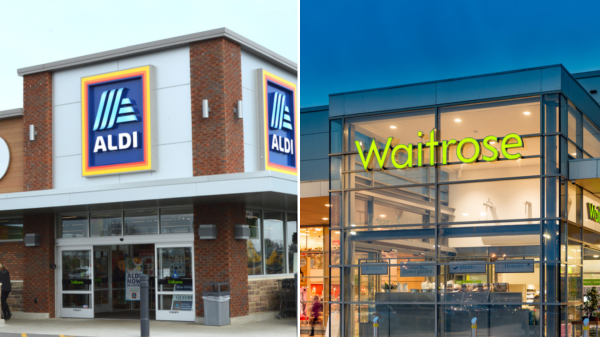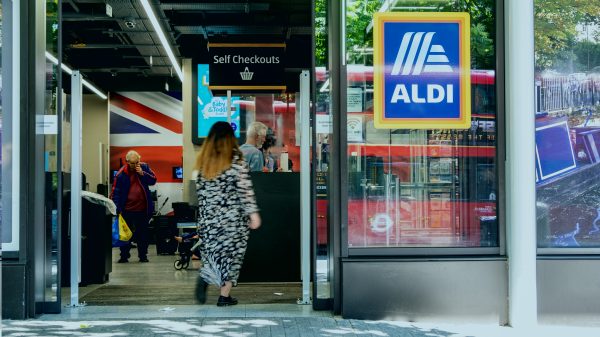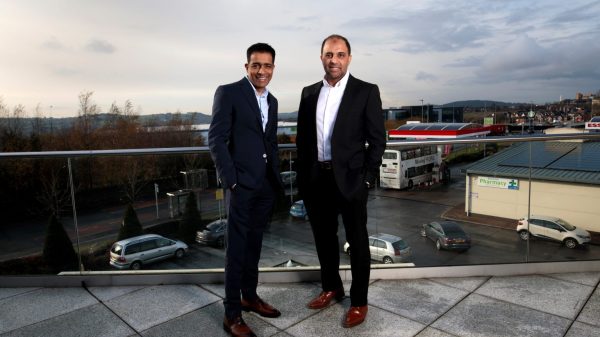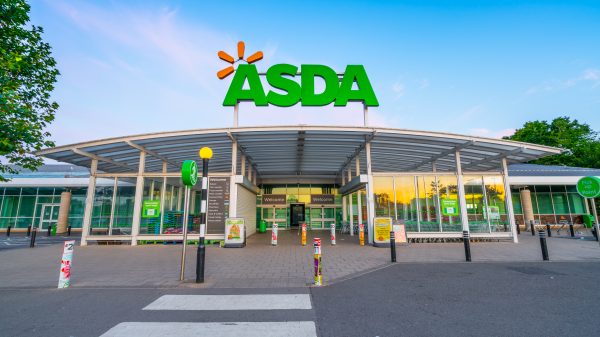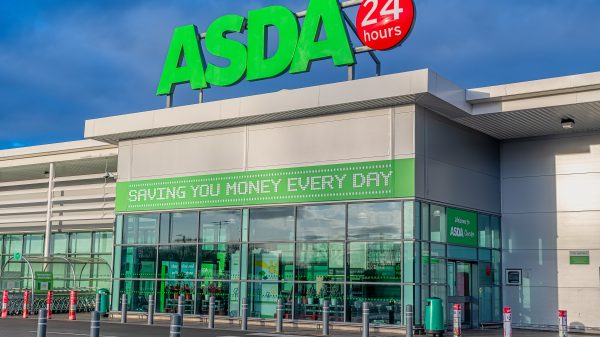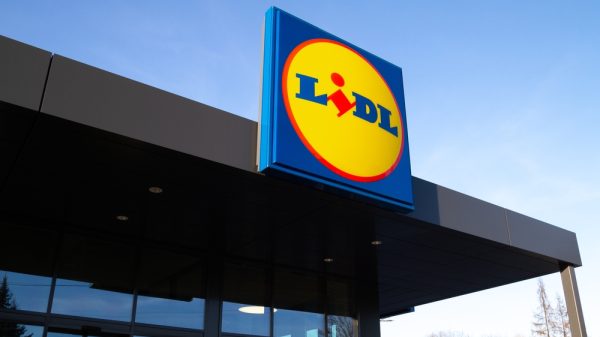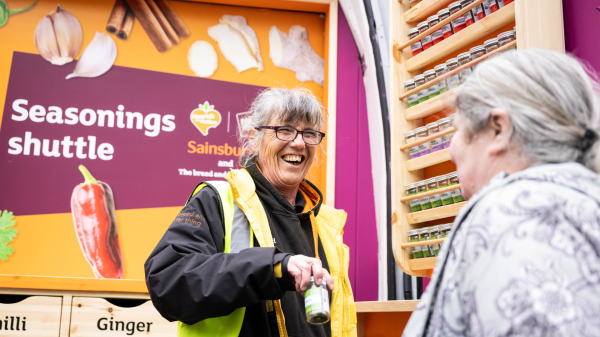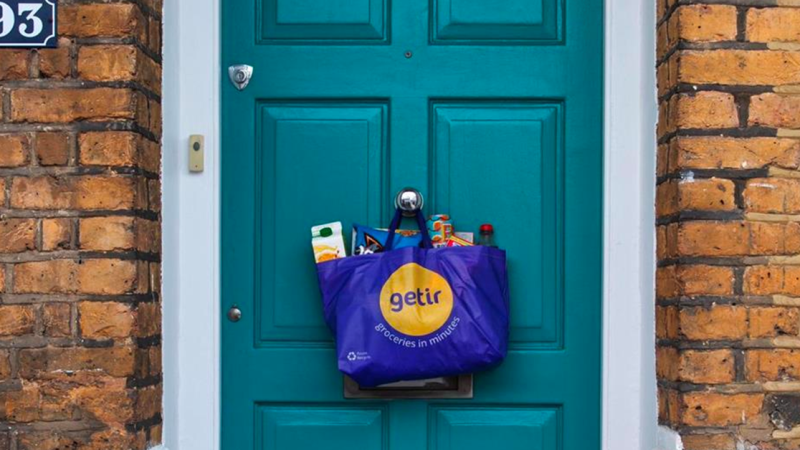Asda termed its £2.27bn acquisition of EG Group’s UK and Ireland business “transformational” and said it would bring the grocer’s “heritage as a consumer champion to even more customers”.
The deal includes 350 petrol filling stations and more than 1,000 food-to-go locations and Asda owners, which also owned EG Group, say it will open up “significant growth opportunities” in convenience and foodservice, building on the “successful strategic building blocks already in place”.
Indeed, the grocer has been ramping up convenience. Last year it bought 119 sites at petrol filling stations from the Co-op and it plans plans to open 300 c-stores by 2026.
It already knows the world of forecourt retail with 166 Asda on the Move sites at EG petrol stations, which co-owned Mohsin Issa said have seen a “significant uptick in sales”.
All EG sites will be converted to Asda fascias as part of the deal.
Convenience, an area where the supermarket has been lacking when compared to the likes of Tesco and Sainsbury’s, comes with “highly attractive structural drivers”, according to the retailer.
This includes the rise of local shoppers as many move towards hybrid working and the fact that many are returning to buying food for now or later as top-up shopping grows amid the cost-of-living crisis.
Shore Capital director Clive Black says: “Asda is clearly, finally, serious about a presence in the UK convenience scene, albeit it has much to do to be best in class against experienced and effective competitors with most of the best non-forecourt sites taken long ago.”
GlobalData retail analyst Joe Dawson says: “The convenience channel has been a key weakness for Asda historically, as its predominantly larger store focused approach has left it playing catch up to other supermarkets that reaped the benefits of the increased demand for convenience brought about by the Covid-19 pandemic and consumers’ increasing preference for local top-up shops.
“These acquisitions will see a rolling out of more Asda Express stores and will likely be a major source of growth for Asda in coming years.”
Dawson adds that EG foodservices partnership will also help to improve the store experience in Asda stores, big and small.
The merger will see the grocer push further into this area and bring brands like Leon, which EG owns, into its stores.
Dawson says the supermarket will be able to create food courts in its superstores, which will “counterbalance the trimming of its ranges and provide a new path to attracting and retaining new customers”.
Can Asda become ‘a consumer champion’?
Chair Lord Rose has also promised to create “a consumer champion like the UK has never seen”.
“This transaction is all about driving growth by bringing Asda’s heritage in value to even more communities and accelerating the growth of its convenience retail business,” he says.
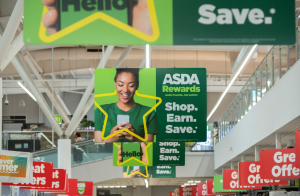
However, concerns have been raised about the grocery giant’s ability to keep prices low as although the deal helps EG pay down its debt, it adds further debt onto the supermarket’s books.
The GMB union flagged that it is concerned that rising rates will leave the supermarket’s debt “unsustainable”.
GMB national officer Nadine Houghton says: “The billionaire Issa brothers and the elite multimillionaire private equity fund managers at TDR capital want to use Asda as a cash cow to pay off their debts.
“This merger is wrong on so many levels; it is wrong for consumers and will increase food prices, it is wrong for drivers with a chilling effect on fuel prices, it is wrong for Asda’s workers and it’s wrong for Asda’s business.
“The only people this deal benefits are the super wealthy elite pulling the strings at the top of Asda and EG Group.”
However, Rose dismissed claims that prices will rise: “It will not lead to higher prices as a result of this transaction, that is rubbish,” he says.
In fact, co-owner Mohsin Issa has committed to having the lowest supermarket fuel prices.
Although some observers believe that Asda’s need to pay down the interest on its debts will hinder its ability to invest in price, the grocer has been getting back to its value roots of late.
Although the grocer did lose ground in the highly price sensitive grocery market last year, it has stepped up efforts of late with the relaunch of its value Smart Price line to Just Essentials last year appearing to have made a notable difference to brand perception.
It has helped Asda’s sales rise faster than the traditional retailers over recent months, including during the all-important Christmas period.
The retailer revealed yesterday that its like-for-likes grew 7.8% in the three months to the end of March, with total sales, excluding fuel, up 8% to £5bn.
Rose is adamant its focus on value will continue post-merger. “We will be what we aim to be and what we’ve always been – a highly competitive player in the sector. And that’s the only way that you will attract, retain and grow with customers,” he says.
The proof, of course, is in the pudding. However, keeping price low will be more crucial than ever if Asda is to thrive in this punishing market.

